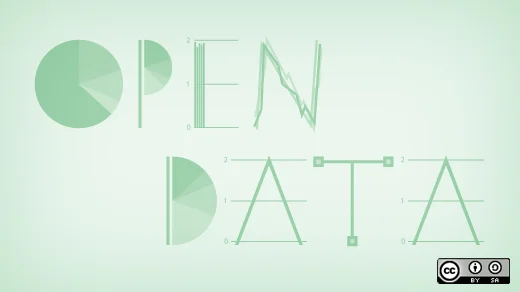The last few months has seen a growth in open data, particularly from governments and libraries. Among the more recent open data adopters are the Austrian government, Italian Ministry of Education, University and Research, Italian Chamber of Deputies, and Harvard Library.
The Austrian government has launched an open data portal with much of its data available under CC BY. The portal’s terms of use states that CC BY is recommended for open data, and that such data will be indicated as CC BY in the data description.
The Italian Ministry of Education, University and Research launched its Open Data Portal under CC BY, publishing the data of Italian schools (such as address, phone number, web site, administrative code), students (number, gender, performance), and teachers (number, gender, retirement, etc.). The Ministry aims to make all of its data eventually available and open for reuse, in order to improve transparency, aid in the understanding of the Italian scholastic system, and promote the creation of new tools and services for students, teachers and families.
The Italian Chamber of Deputies has also developed a platform for publishing linked open data under CC BY-SA.
Lastly, Harvard Library in the U.S. has released 12 million catalog records into the public domain using the CC0 public domain dedication tool. The move is in accordance with Harvard Library’s Open Metadata Policy. The policy’s FAQ states,
“With the CC0 public domain designation, Harvard waives any copyright and related rights it holds in the metadata. We believe that this will help foster wide use and yield developments that will benefit the library community and the public.”
Harvard’s press release cites additional motivations for opening its data,
John Palfrey, Chair of the DPLA, said, “With this major contribution, developers will be able to start experimenting with building innovative applications that put to use the vital national resource that consists of our local public and research libraries, museums, archives and cultural collections.” He added that he hoped that this would encourage other institutions to make their own collection metadata publicly available.
We are excited that CC tools are being used for open data. For questions related to CC and data, see our FAQ about data, which also links to many more governments, libraries, and organizations that have opened their data.
This article was originally published on creativecommons.org and is reposted using the CC BY license.







Comments are closed.